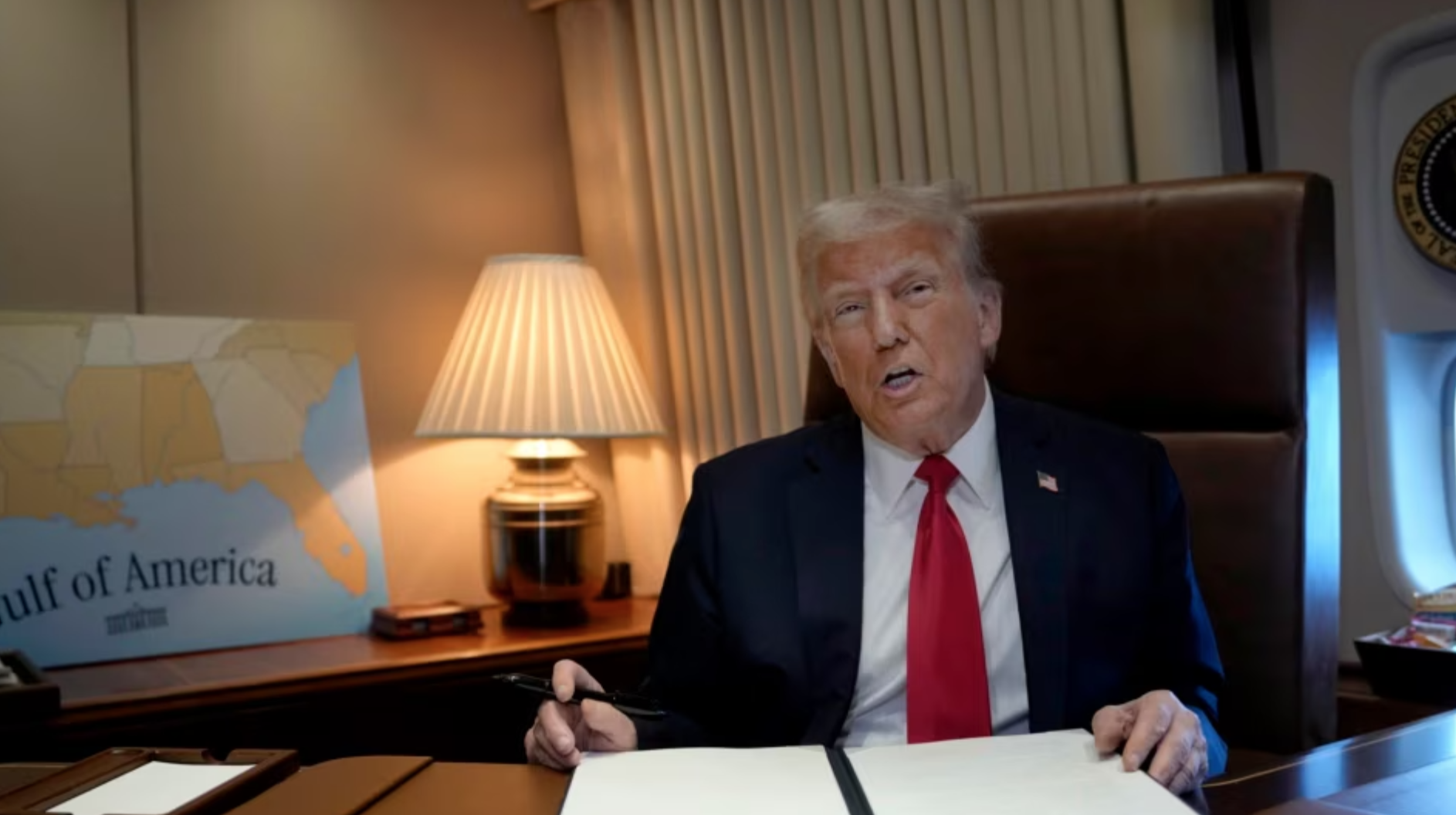Photo: Depositphotos
The atmosphere of mistrust within NATO is sharply escalating amid US President Donald Trump’s policy of shifting Washington’s focus towards dialogue with Russia. According to Politico, several current and former representatives of the Alliance and security services have warned of a threat to intelligence sharing between NATO member states.
According to the newspaper, tensions between Western members of the Alliance and the countries that joined after the collapse of the USSR have increased since the start of Russia’s full-scale invasion of Ukraine. Of particular concern is the position of Hungary and Slovakia, which are considered “unreliable links”. But now, Trump’s policy is adding to the anxiety.
Following reports of a temporary suspension of intelligence sharing between the US and Ukraine to put pressure on Kyiv, rumours are circulating in NATO corridors that data sharing may be halted or reduced, even among Allied partners.
“There’s a lot of talk about the future of intelligence sharing within NATO,” confirmed Julie Smith, who was the US ambassador to NATO until last November. She noted that she has already heard concerns from some allies.
Experts emphasise that the loss of trust in the United States will make partners more cautious in sharing sensitive information. As Daniel Stanton, a former employee of the Canadian Foreign Intelligence Service, noted, “when there is a need for more intelligence, there will be less of it.”
The situation is exacerbated by the appointment of Tulsi Gabbard as Director of the US National Intelligence Agency, who previously supported the Kremlin’s theses on Ukraine and Syria and met with Syrian dictator Bashar al-Assad.
Against this backdrop, the media are already reporting on the Trump administration’s attempts to exclude Canada from the Five Eyes intelligence group, the world’s most closed intelligence sharing network.
Although intelligence sharing between NATO partners is currently ongoing, many experts believe that if Washington’s policy does not change, cooperation in this area could be at risk.
According to one NATO official, after the scandalous meeting between Trump and Zelensky last week at the White House, trust issues have only grown more acute, although the Alliance’s work is still going on as usual.
This crisis threatens to undermine the very foundations of NATO’s security and significantly affect unity in the face of Russian aggression.

















